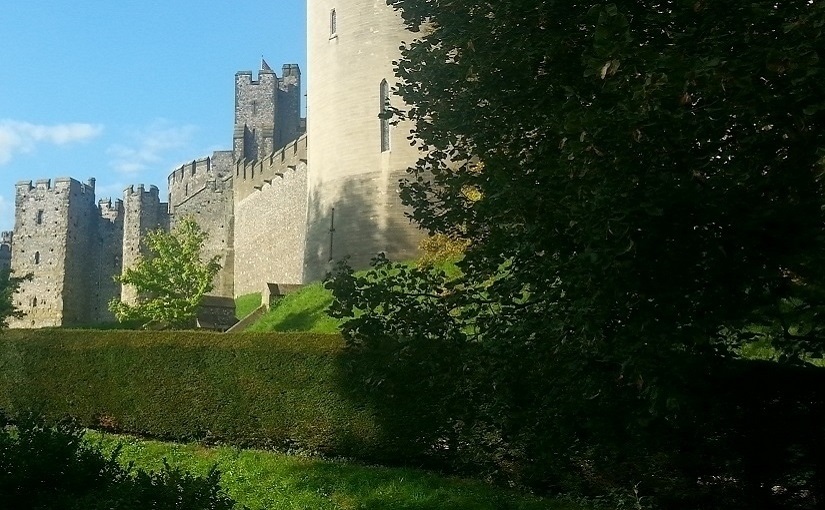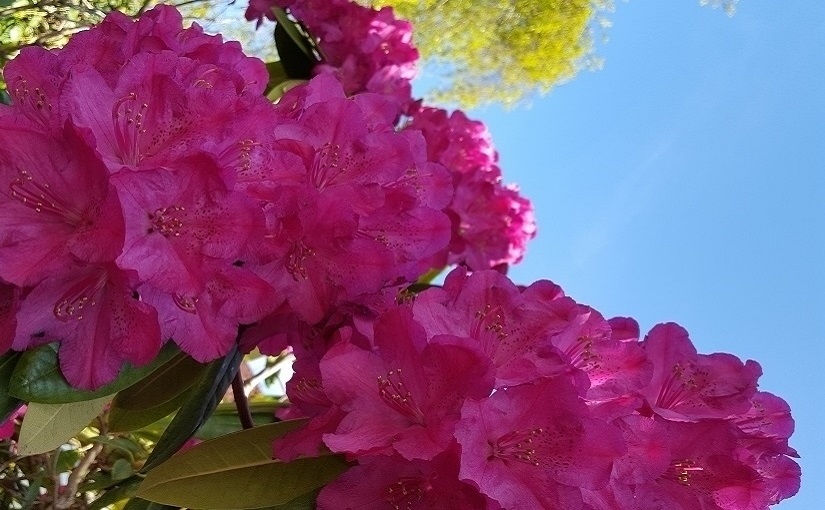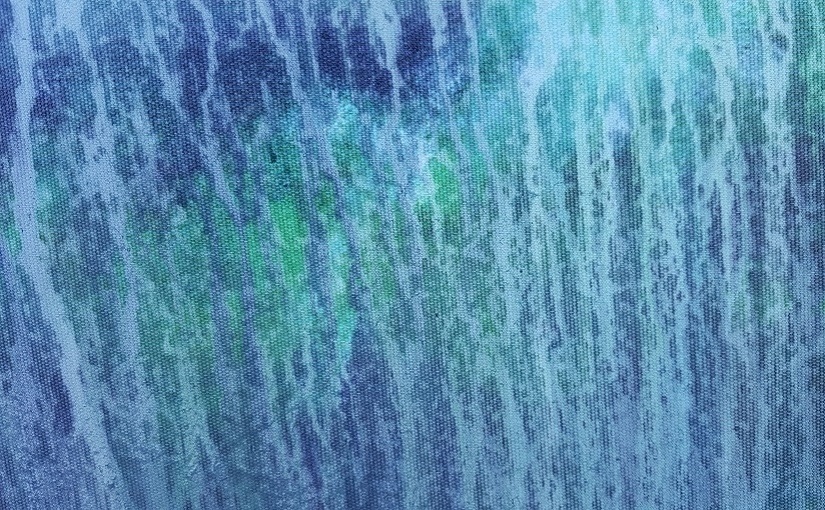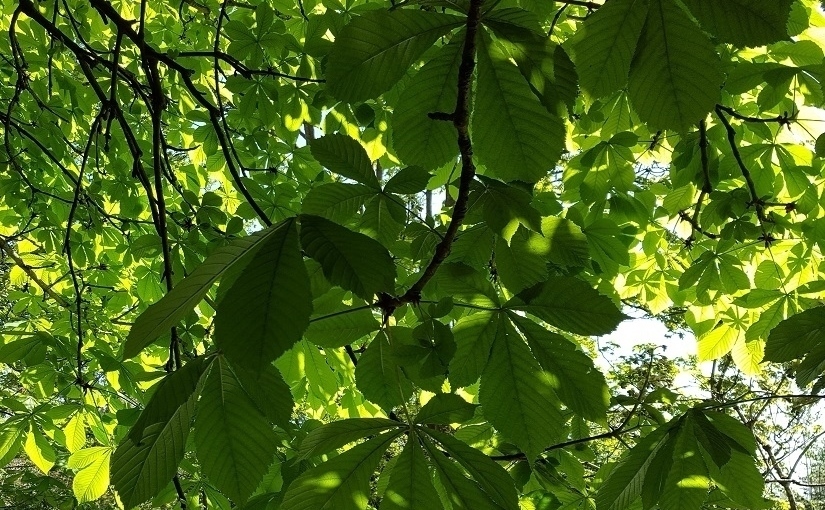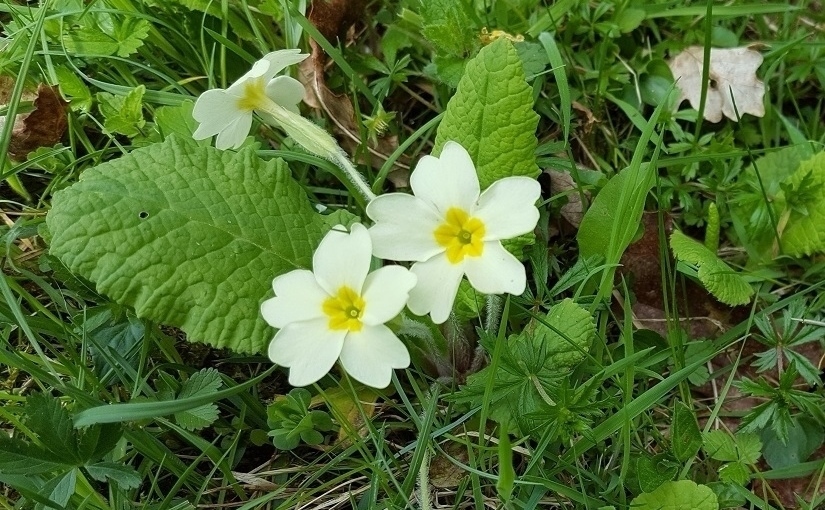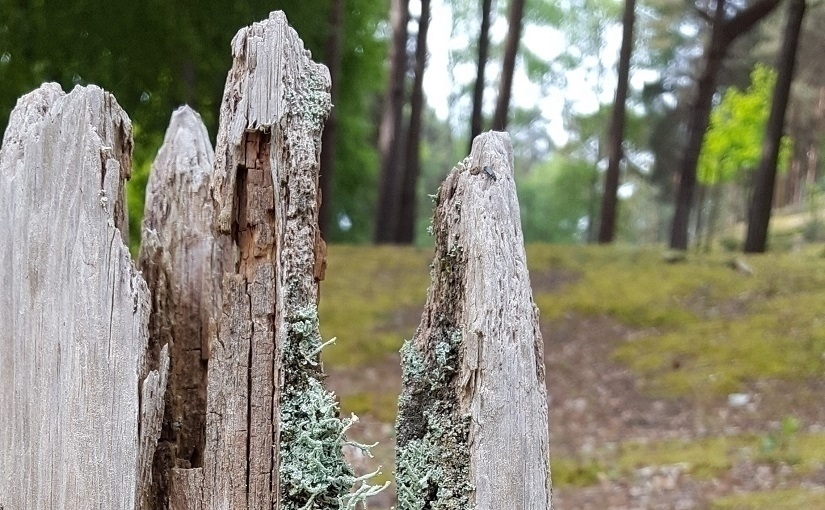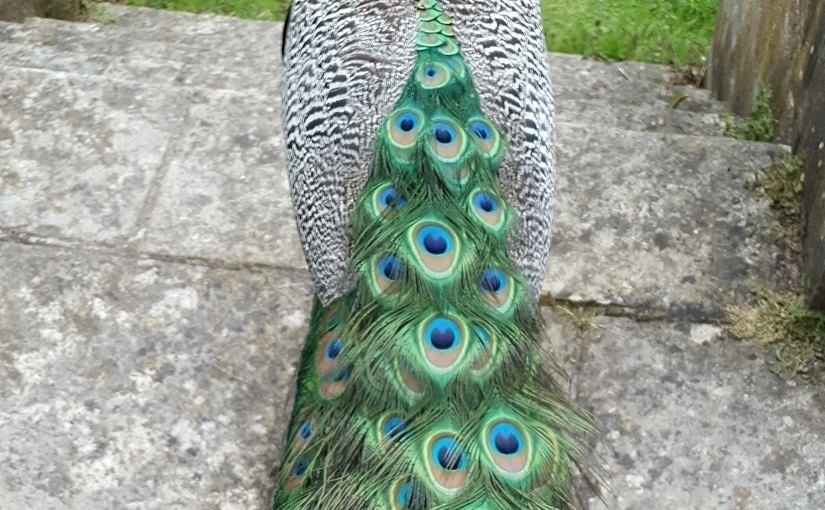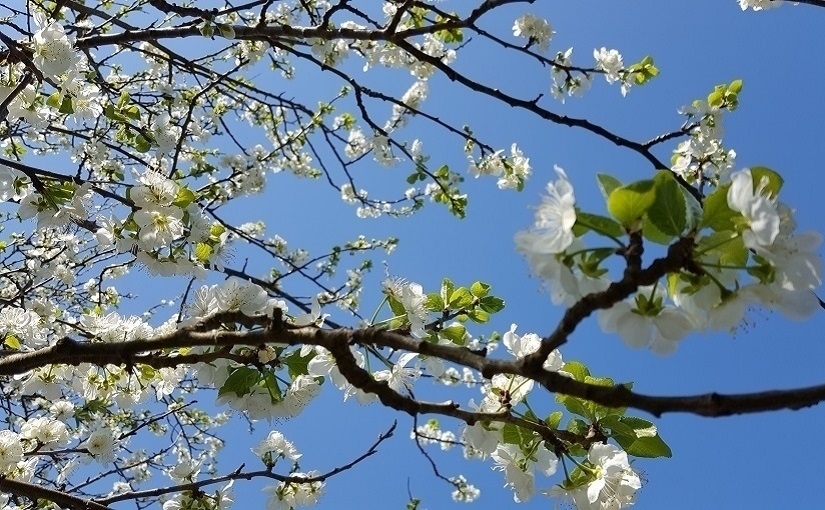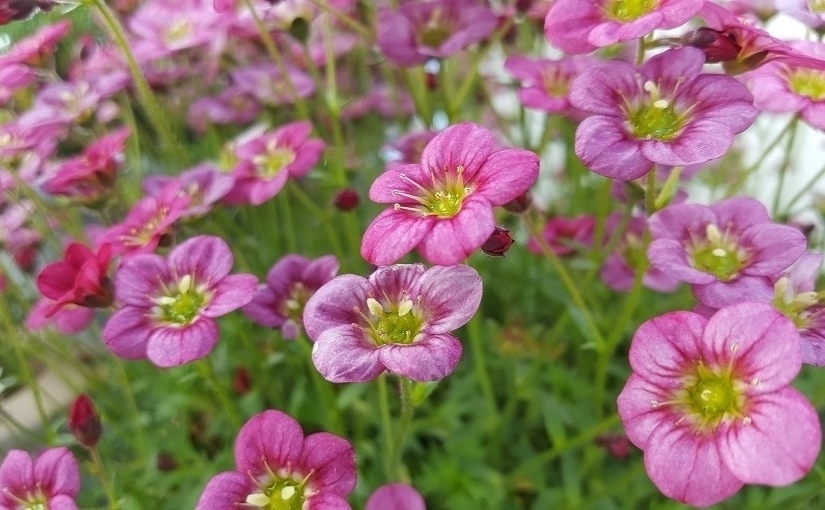Looking at life now, there’s this astounding picture of a globe filled with billions of people each, potentially, able to communicate with all others. While modern technology’s clearly not without its challenges, the opportunities it’s brought for creating a genuinely global conversation about our existence are amazing to consider.
But then, it’s not like we’d mastered things before those floodgates opened: society clearly still had more than a few threads we’d not quite figured out what to do with (see Notes One). In the West, we may’ve had the ‘essentials’ of these social systems – democratic government; economic theories; health, welfare and education; the public voices of media and culture – but technology’s now testing all that to the limit.
Many issues hadn’t been resolved: dealing with differing beliefs and values; attitudes towards such differences; and the conflicted legacy of our shared histories. It takes great courage and honesty to address these things – to admit mistakes or other ways of approaching life – because it presumably threatens our sense of self and our justifications to do so.
Really, with technology, it seems that whatever stage society had got to at that point was simply dialled up. As if we’d had some time to sort things out, then this whole other system amplified it all and began transmitting these competing frequencies at the same time (Notes Two). What were once quite contained personal, social or national conversations suddenly became incredibly complex and public.
It hardly seems surprising that individuals as much as societies are going to be tested by such a thing happening. Having everything thrown open into an environment of almost complete transparency was always going to be confronting: there’s no place for people or organisations to hide, so having that new demand for accountability is going to expose whatever moral, ethical or social standards we did or didn’t have figured out.
Then there’s how well we’re able to convey our true meaning in these forms, and how open we are to receiving possibly contradictory messages in return. It’s beautiful to think we might be able to share our thoughts, values and experiences with others and reach mutual understanding of our points of view, what matters to us, and our dreams for the future. But it’s not easy in practice.
It just seems we have an awful lot of work to do, and an awful lot to distract us as we attempt it. Technology may place tools for connection and information at our disposal; but also knows exactly how to tempt us with every possible amusement, novelty and vice. Even if we cut through that and focus our attention, there’s then the challenge of understanding, discernment, and relating our ideas to life as it stands (Notes Three).
And it all matters: it’s the complex relationships between people and the planet that sustains us. It’s not something we can defer; all this has to be taken in hand and resolved, hopefully quickly and thoroughly, if we’re to create a world that works for everyone.
Notes and References:
Note 1: Complexity of life
Note 1: Created a system we seek to escape?
Note 2: Value in visible impacts
Note 2: The potential of technology
Note 3: Responsibility in shaping this reality
Note 3: Entertaining ideas & the matter of truth
Note 3: Seeing, knowing and loving
Looking in quite a different light at the project of society, Plato & “The Republic” considered principles that underpin our common existence.

